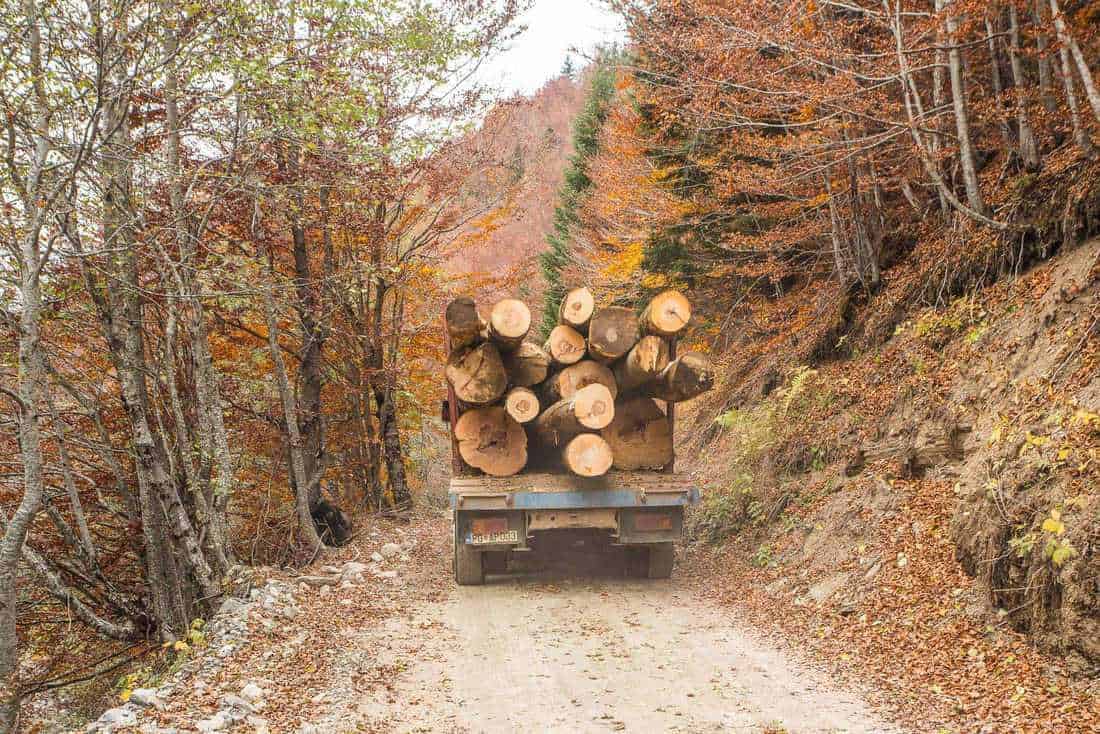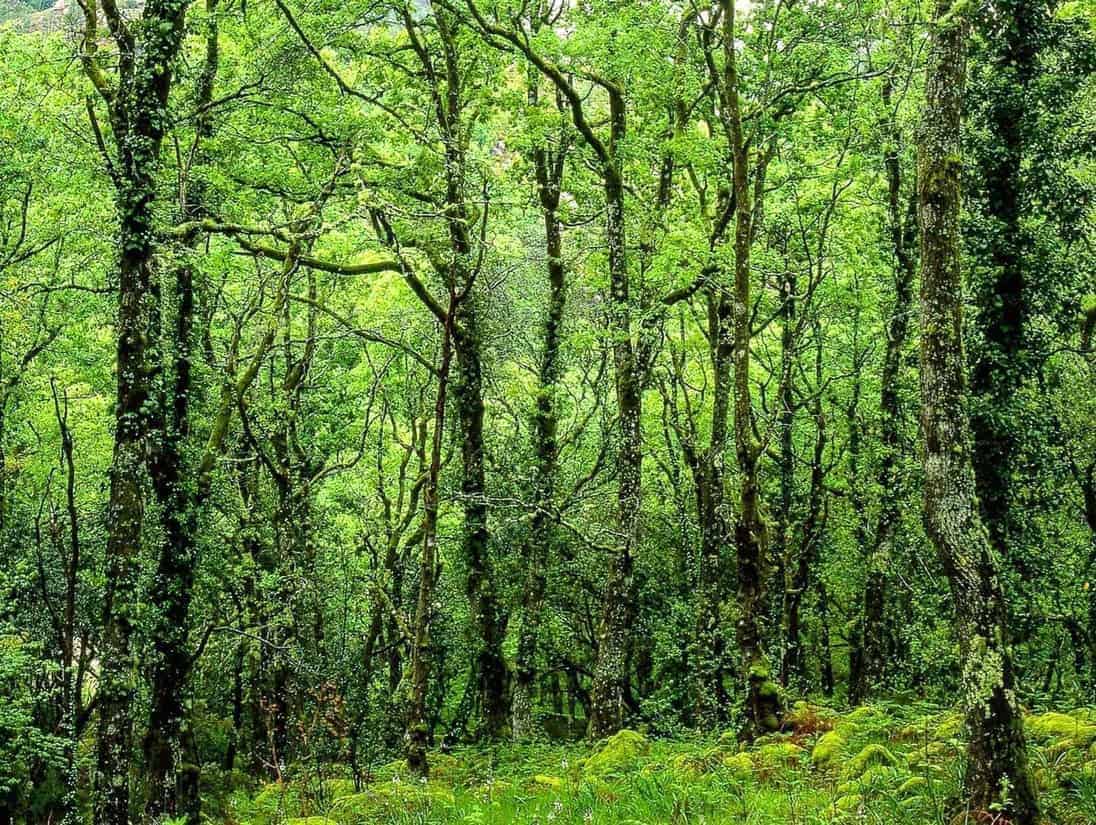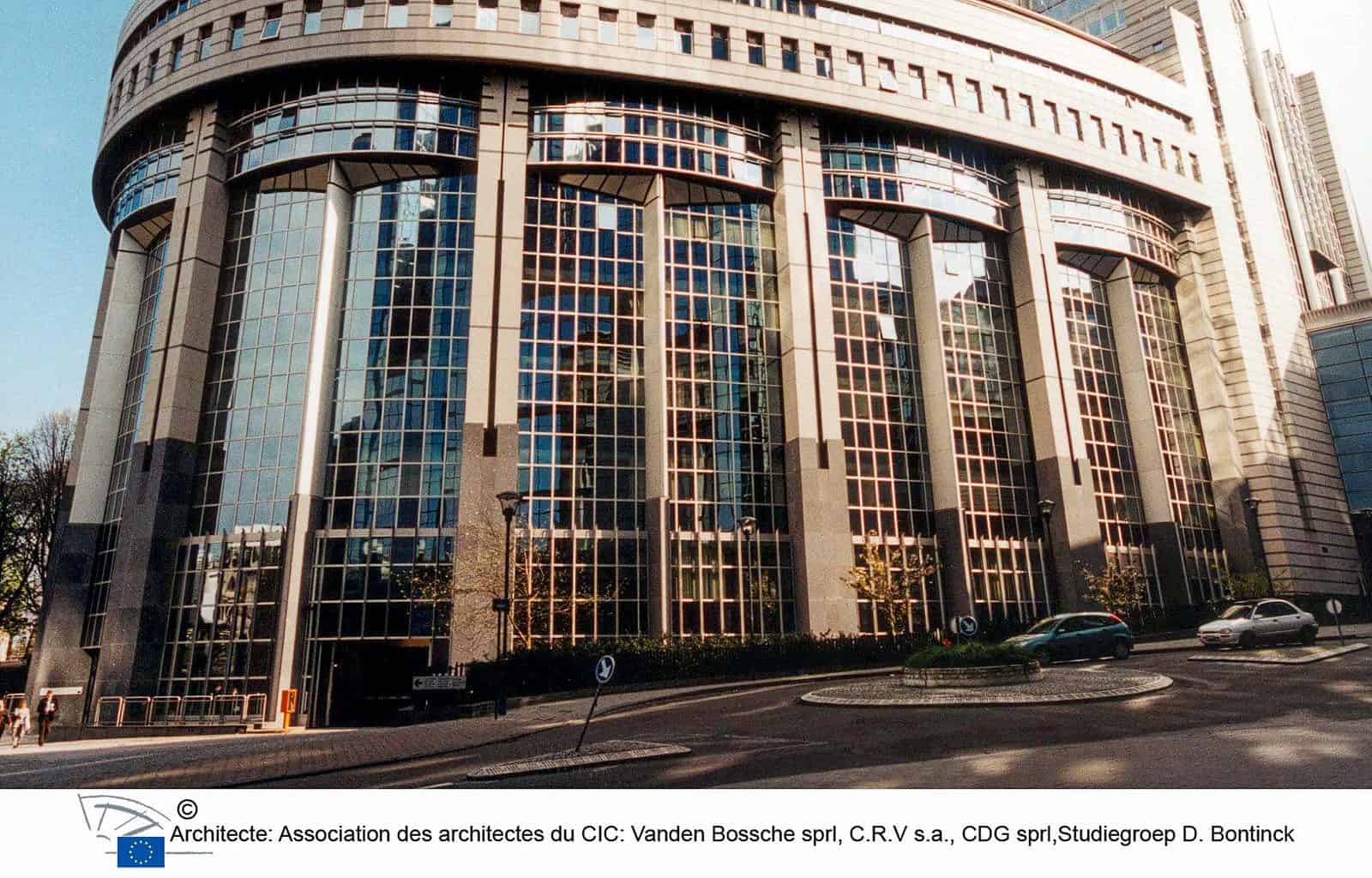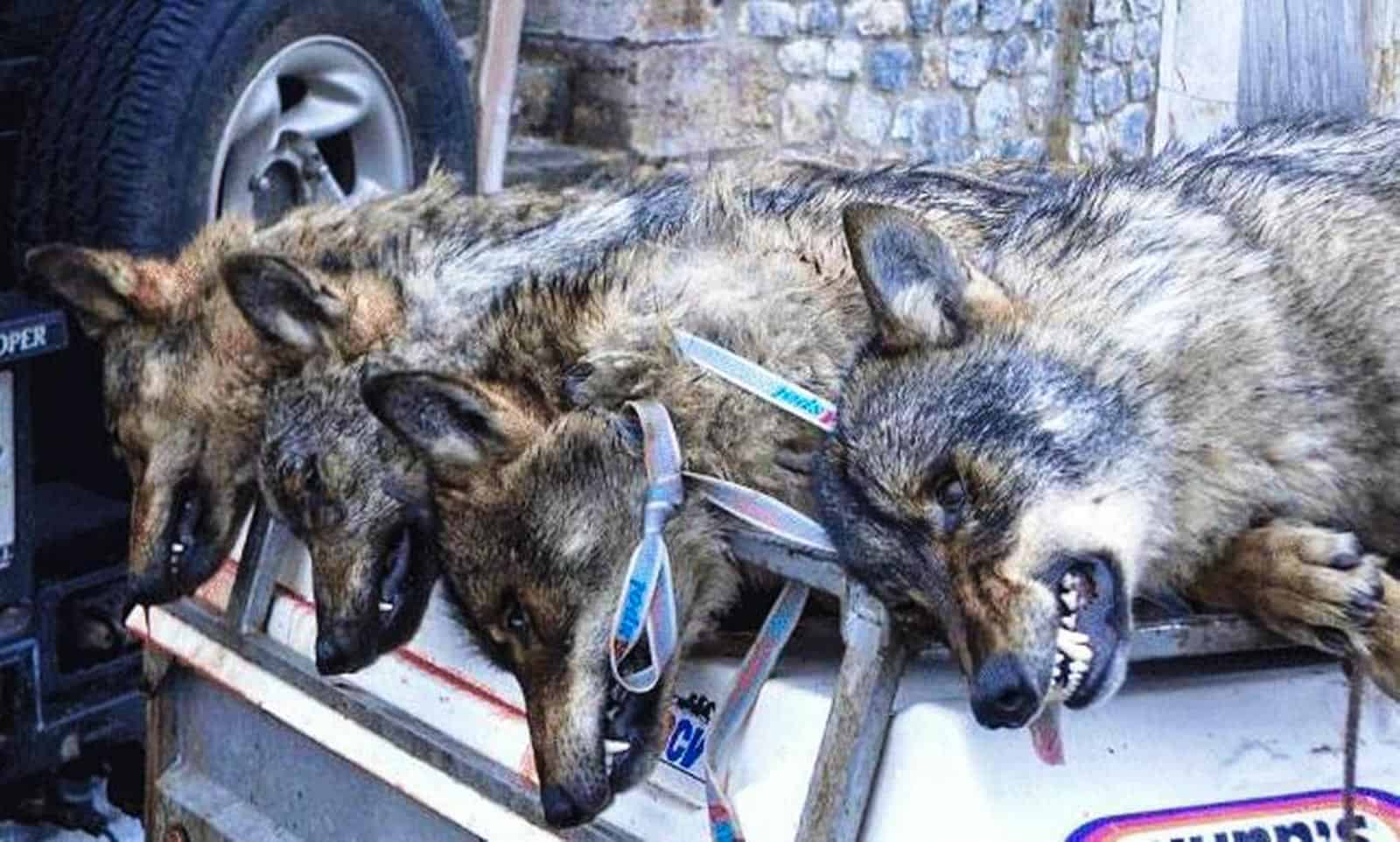Help stop the destruction of forests for biomass
Currently, EU policy indicates that burning wood is “zero carbon” and “renewable energy”. However, this approach is only true if we perceive forests as farms. In that case, carbon absorbed by growing forest is equal to carbon emitted while burning the wood from the same forest. Unfortunately, it is not as simple. Undisturbed, old-growth forests create healthy ecosystems with many plants, animals, fungi and bacteria. These additional forest inhabitants help to capture even more carbon than trees can capture themselves. Undisturbed forests also provide humans with clean water, reduced pollution, mental and spiritual relaxation and many more services we take for granted. By cutting down a forest and using it for fuel we disturb complicated systems that have been forming for hundreds of years. Newly planted forest will not be able to provide home for the plants, animals, fungi and bacteria in the same way old forest does.
Please also read: Ukrainian Old-Growth Forest Granted Highest Protection-Level
Declaring forest wood as “renewable energy” brings many more related problems. Every year, the EU is trying to meet renewable energy targets. To do that, subsides are payed for those who use renewable energy sources, including wood burning. This in turn fuels need for wood, increases forest logging, CO2 emissions and damages forest ecosystems. In the EU, one-third of renewable energy now comes from burning wood, much of it sourced directly from forests. By declaring biomass burning as a renewable energy source, the EU invests billions in burning biomass annually, even though the money should be invested in actual sustainable energy sources.
Biomass is not renewable energy
A new petition encourages EU leaders to stop labeling biomass fuel as renewable energy. The petition also demands to end subsidies for burning wood and prioritize forest protection over forest harvest. The petition is addressing Executive Vice President of the European Commission, Frans Timmermans, and governments of EU Member States and is supported by 60+ organizations. It is run by 2Celsius (RO), Clean Air Committee (NL), Estonian Forest Aid (EE), ROBIN WOOD (DE), WOLF (SK) and Workshop for All Beings (PL). They are trying to raise the issue that burning biomass for fuel is not sustainable and should not be considered as “renewable energy”.
Investing in the wrong direction
Unfortunately, not only EU forests are being logged. The EU imports wood fuel from countries near and far – the US, Canada, Russia, Ukraine, and even Brazil. The wood pellet industry in North America alone consumes millions of tonnes of trees per year, which is why environmental NGOs from all over the world support this petition.

The petition does not say that we should stop burning wood in general. Authors realize it would be hard to do in poor and remote regions of the EU. However, the petition demands to:
- End subsidies and other incentives for burning forest wood and redirect this critical support to energy efficiency and true low-emissions renewable energy sources;
- Exclude energy generated from burning forest wood from counting toward renewable energy targets;
- Prioritize forest protection and restoration and ensure that all EU policies safeguard our health, the climate and biodiversity.
Your voice matters!
Right now, the EU and the whole world are making decisions regarding our environment that will impact many generations to come. We are the last generation that can reverse the climate and biodiversity crises and protecting forests from logging is one of the most important tools in this fight. As citizens of the EU, we have to express our opinion to EU officials: burning wood for fuel is not accepted by the general public and it cannot be considered as “renewable energy”.










In my opinion, situation is not that easy. By definition, wood really is a renewable source. Talking about pellets, wood brickets and similar products, sometimes (often?) they originate from waste generated in wood processing industry. Furthermore, is it better to grow wood on plantations (“timber fields”) or take some trees from semi-natural forest? And, last but not least, what other energy source is better than wood? I think we should accept fuelwood as one of the energy sources, just not the only one and not always the best one. And, of course, save some forest areas from any logging.